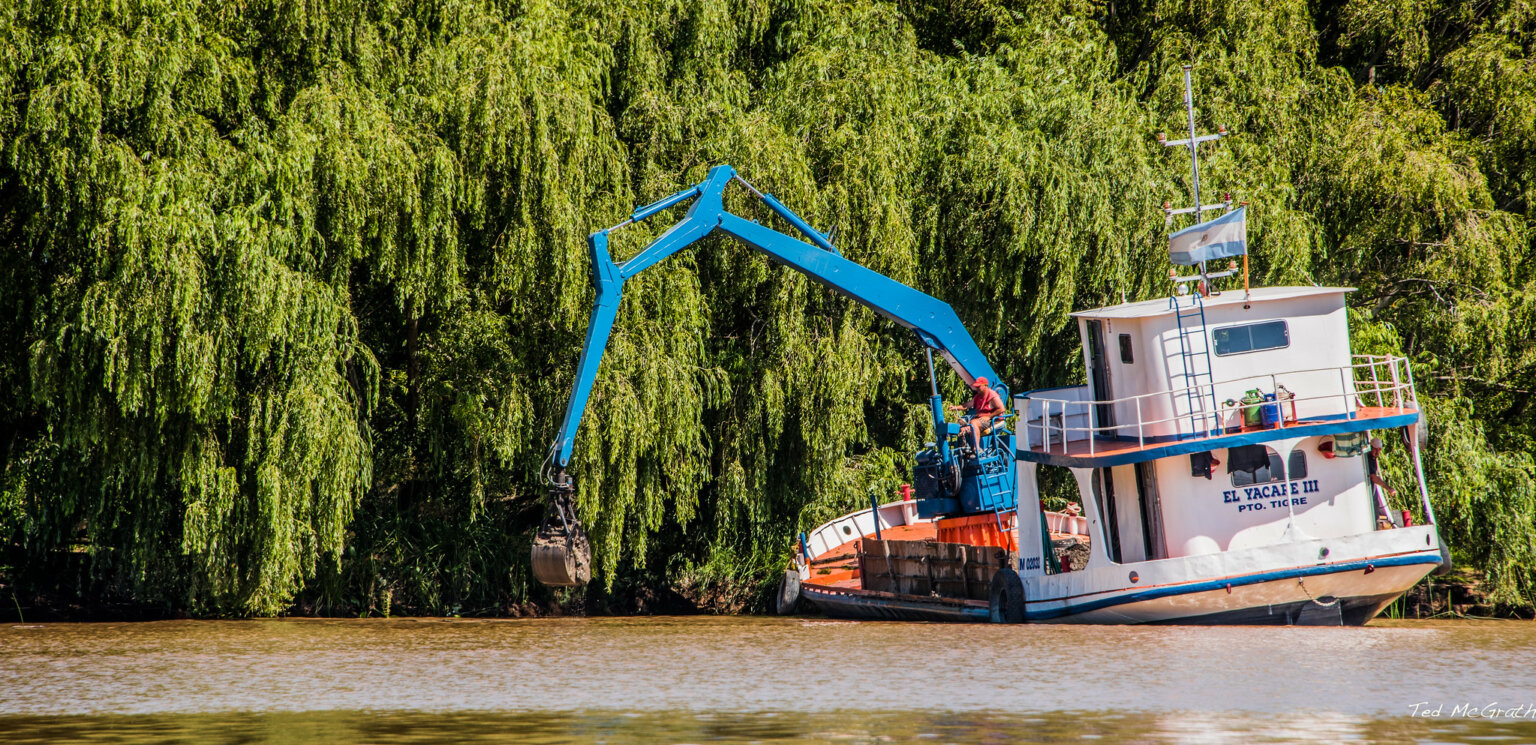- About
- Topics
- Story
- In-Depth
- Picks
- Opinion
- News
- Donate
- Signup for our newsletterOur Editors' Best Picks.Send
Read, Debate: Engage.
| January 29, 2021 | |
|---|---|
| topic: | Overfishing |
| tags: | #fishing, #illegal fishing, #App, #tech |
| located: | Ghana |
| by: | Bob Koigi |
But technology is coming to the rescue in the form of an app dubbed Dase in local Fante language, which translates to 'evidence'.
The mobile application is used by artisanal fishermen and canoe operators to report industrial trawlers that violate fishing regulations or commit any suspicious activities. The project is funded by the European Union delegation to Ghana in a bid to enhance sustainable fish stocks.
Users who are mostly small scale fishermen record any illegal trawlers or activities by taking a photo of the vessel, its name and identification number. The application then records the location of the vessel and sends it to a central database for further action. The application has been created by the Environmental Justice Foundation, EJF, an NGO involved in taming overfishing in West Africa.
According to the organisation, a small scale fisherman once spotted an industrial trawler fishing in an area reserved for artisanal fishermen and used the app to take pictures of the boat, which he then submitted to the NGO that manages the database before it is forwarded to government. The NGO says it now awaits action from relevant authorities. Since the app was introduced in November, over 100 fishermen within the coastline have downloaded it.
“Illegal fishing is causing the collapse of Ghana’s staple fish stocks and the loss of food security, livelihoods and tens of millions of dollars in national revenue," said Nana Jojo Solomon, the executive member of the Ghana National Canoe Fishermen Council during the launch of the app. "This app means canoe fishers no longer have to stand by while industrial vessels fish illegally in their fishing grounds."
And as the fishing industry trains its eyes on technology addressing the longstanding menace that continues to deny the government an estimated $50.7 million yearly in revenue, the country is chocking under the transshipment practice, known locally as saiko, that entails industrial trawlers moving beyond their designated areas, getting the catch of the artisanal fishermen then selling the fish to the communities at exorbitant prices to earn profits.
According to ECJ, more than 90 per cent of industrial trawlers operating in Ghana are owned by the Chinese. The saiko trade is estimated to have involved approximately 100,000 tonnes of fish with a market value of $50 million once sold at landing sites.
The overfishing has also led to depletion of stocks of the small pelagic fish, commonly known as the people’s fish, that provide nutrition and income to more than 2.7 million Ghana people. Researchers now say that if nothing is done to control the unregulated fishing, the small pelagic fish will go extinct in five years.
It is estimated that in 2017, about 76 industrial trawlers caught about the same amount of fish as more than 100,000 fishermen would have, which emphasises the damage the industrial fishing vessels continue to inflict on the fishing sector. The implication is loss of jobs, income and food for the vulnerable communities.
While there have been harsh laws to control trawlers from entering shallow waters where artisanal fishing community gets their stocks, including fines ranging from $100,000 to $2 million, enforcement remains weak with law breakers walking free even as the trade continues unabated and approximately 37 percent of annual catch being fished illegally.
“If this menace is not urgently addressed and measures instituted to permanently eradicate it, the source of income for over 2.7 million Ghanaians will be lost," reads an open letter addressed to Ghana’s President Nana Akufo-Addo by the Ghana National Canoe Fishermen’s Council and eight NGOs. "It highlights that saiko provides jobs to no more than 1,500 individuals whereas canoe fisheries provide 140,000 jobs to fishers alone, and many thousands more as fishmongers – the majority of whom are women – traders, canoe carvers, input suppliers and fish carriers.”
Image by Terry White.
By copying the embed code below, you agree to adhere to our republishing guidelines.
